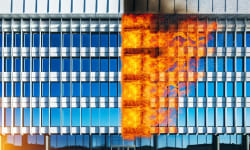
Understanding Latency Performance of Wireless Links for Microcontrollers
When evaluating wireless communication for microcontrollers, it's crucial to consider factors like bandwidth, power usage, and reach. However, latency is also a critical aspect to benchmark across...





